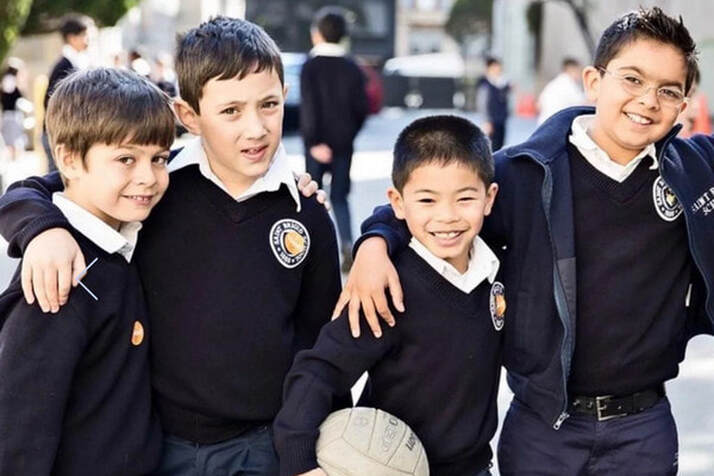|
Introduction: Embarking on a gap year with your children is an extraordinary opportunity to explore new cultures, learn languages, and experience personal growth outside the traditional classroom setting. However, convincing your child's school to support this decision requires careful planning and clear communication. Here are five invaluable tips to approach your child’s school with confidence, armed with a well-prepared plan and a clear vision of the benefits a gap year in Spain can bring.
1. Highlight the Educational Benefits Start by emphasizing the educational opportunities that a gap year in Spain offers. Discuss how immersion in a Spanish-speaking environment will enhance language skills far beyond what could be achieved in a classroom. Highlight the cultural exchange, historical exploration, and potential for structured learning through museums, historical sites, and local courses. Provide research and examples of how experiential learning contributes to a deeper understanding of subjects and fosters a lifelong love for education. 2. Present a Detailed Plan Schools will be more receptive if you present a well-organized plan detailing the objectives, educational activities, and how you intend to meet curriculum standards while abroad. Include information about the school you have chosen for your child, but also the program for your child's year. Suggest that you will assess progress through portfolios, projects, or standardized tests to ensure your child stays on track with their peers. 3. Ensure Accreditation and Curriculum Alignment Research and propose solutions for maintaining alignment with your child's current curriculum. This might involve coordinating with the school for accredited online courses or finding international programs that match the school's academic standards. Demonstrating a commitment to maintaining or exceeding current educational requirements is key. 4. Address Social and Emotional Growth Argue the benefits of a gap year for personal development, including increased independence, adaptability, and intercultural understanding. Present evidence or testimonials from educators and psychologists about the positive impact of travel on a young person's social and emotional skills. Emphasize how these soft skills are increasingly valued in higher education and the job market. 5. Offer Reassurance and Open Communication Reassure the school of your commitment to keeping them updated on your child's progress. Propose regular check-ins, reports, and assessments to demonstrate continuous learning and achievement. Show openness to feedback and collaboration, ensuring the school feels involved and valued in your child's education during the gap year. Conclusion: A gap year in Spain is not just a break from traditional schooling; it's a uniquely enriching educational journey that can complement formal education in profound ways. By presenting a thoughtful case that addresses educational continuity, personal growth, and open communication, you can persuade your child's school of the immense value such an experience offers. Embarking on this adventure with your child can be a transformative experience, paving the way for a future where they are not only well-educated but also globally aware and emotionally intelligent individuals.
0 Comments
|

 RSS Feed
RSS Feed



